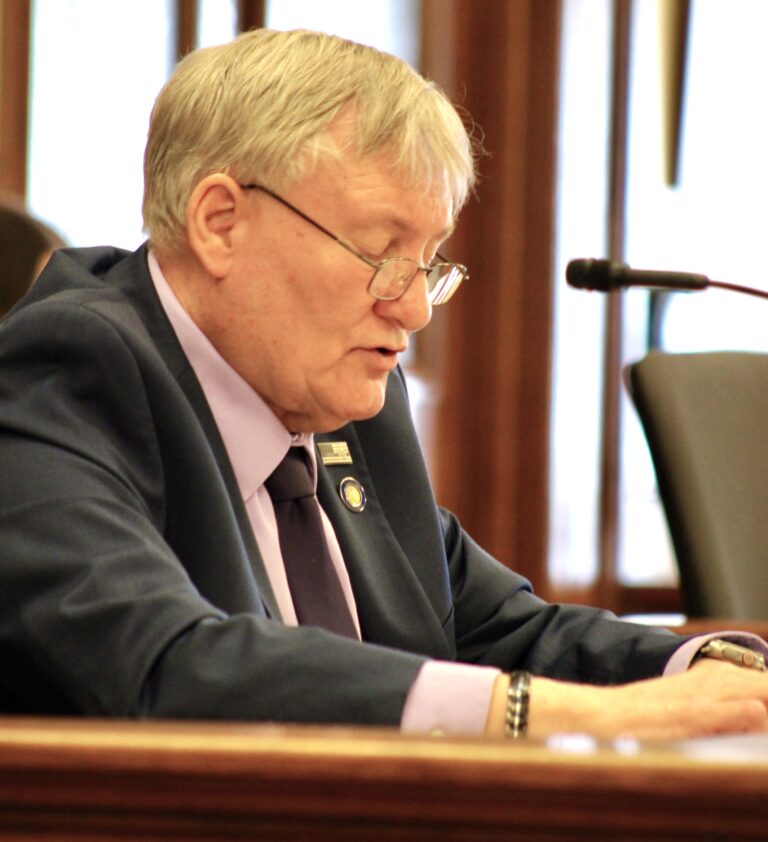Know Your Legal Rights is a bi-monthly column distributed by the State Bar of Wisconsin. It is sponsored by the State Bar of Wisconsin’s Lawyer Referral Service (LRS), which connects Wisconsin residents with lawyers throughout the state. To find an attorney in your area, visit wislaw.org.
By Attorney Erin Boyd

Divorce is difficult enough, but what do you do when your spouse has incurred a significant amount of debt? Debt incurred during marriage is generally considered marital debt and equally divided. Therefore, it is crucial to understand how to manage debt during a divorce action in Wisconsin.
Often, one of the best ways to protect yourself from a spouse who is racking up debt is to file a divorce action. The following is a breakdown of some crucial information to consider when looking at debt as it relates to a divorce action.
Timing of Debt
When debt is incurred can play a significant role in how it is treated during a divorce.
Debts incurred before the divorce action has been filed are generally considered marital and equally divided. However, if a debt was incurred solely by one spouse for individual purposes, it might be treated as non-marital debt and not divided.
Often, debt incurred after the divorce has been filed will be the responsibility of the party who incurred the debt, unless parties are still living together and incurring joint debts for the benefit of their household. However, a divorce action will often draw a line in the sand when it comes to debt that is incurred by one spouse or the other and who is responsible for the payment.
After the divorce is finalized, each spouse is typically responsible for their own debts incurred after the divorce. However, it is important to note that creditors can still go after the other spouse for non-payment on a joint debt that was assigned to one person. Creditors do not have to follow what is written in the divorce judgment.
Nature of the Debt
Often, the court will also look at the nature of the debt incurred. Was it incurred for a marital purpose or a non-marital purpose? Did you and your spouse take out a personal loan for a vacation, charge day-to-day living expenses to a credit card or take out a home equity loan to renovate your house? Generally, these would all be considered marital and therefore be equally divided.
Marital Waste
Marital waste occurs when one spouse recklessly spends or depletes marital assets. This can include extravagant spending on personal luxuries, gambling, or other activities that dimmish the marital estate and are for a non-marital purpose.
In Wisconsin, a court may take this wasteful behavior into account when dividing the couple’s marital estate. While it can often be difficult to prove, if one spouse can demonstrate that the other engaged in wasteful spending, the court may adjust the division of assets or other debts to compensate for this behavior.
Bankruptcy
Filing for bankruptcy can have significant implications for both spouses. If a bankruptcy is filed during your divorce action, this can not only affect the credit of both spouses, but it can also prolong your divorce. Filing for bankruptcy after your divorce can also be a complex process and should be discussed with your divorce attorney before your divorce has been finalized so that appropriate language can be included your divorce judgment. Often, marital obligations are nondischargeable in bankruptcy.
Conclusion
Divorce and debt can be complex but understanding how Wisconsin law handles these issues can help alleviate some of the stress. If you are facing a divorce and are concerned about how debt will be divided, consider reaching out to a divorce attorney who can guide you through the process and help you achieve a fair resolution.
Erin Boyd is an attorney at Karp & Iancu S.C. where she practices exclusively around family law. To find an attorney near you, visit wislaw.org.



